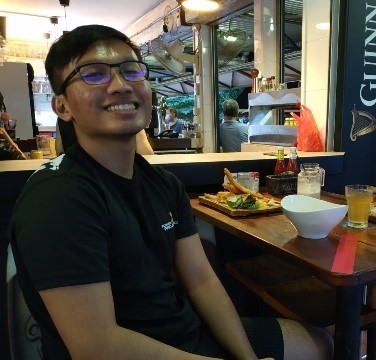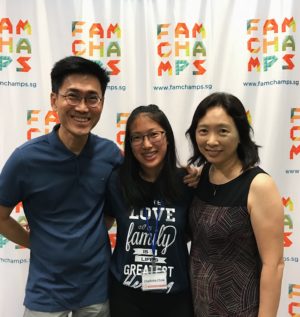It is about this time of the year where mayhem and stress happen. It is the time when students in Singapore must face their gruelling kryptonite: examinations. And for a special few of you, this year is a bit special where you will be taking on a more important challenge; PSLE, O Levels, N Levels, or others.
Truthfully, though many may think that it is the student’s capability that is being tested during exams, I would say that it is also a family effort throughout this process, beginning from the start of school to the receiving of your certificate.
Personally, I too did not do as well as I had expected for my PSLE. My score was much lower than my peers, leaving me with disappointment and in a dilemma. Where can I go with such a low score? My parents were equally disappointed as they too thought that I had underachieved and my 6 years in primary school was a waste.
Looking back, seeing how far I have come from that ‘failure’, I am glad that I was able to experience it at such a young age as it allowed me to grow into a more resilient person. While I do not condone failure, I believe that there are some virtues in it.
Yes, national exams are very important. It is the point where students are tested on how much they have learnt over the years in school. Out of all the national examinations in Singapore, PSLE is deemed by many to be the most important examination and is the focal point of discussions for parents yearly. It is also the most stressful time for students and parents. It is common to see children going for multiple tuition classes and doing revision till late at night, while parents are trying to help their child however they can.
Why do I say that it is not just the student’s effort but also the family as a whole? While the student is the one that is taking the exam, the support given by family members is also equally important.
At such a young age with a tremendous amount of stress, it is important for family members to be supportive and encouraging. Simple actions such as having a hearty dinner after a long day or asking, “How did your day go?” can go a long way in promoting mental health and showing students that whatever happens, your family will also be behind you, supporting you.
While it is important to emphasise success, I think that accepting failure is also equally important and this should start with the parents. It is perfectly fine to fail, knowing that you have tried your best, and the effort should still be acknowledged and celebrated. At the end of the day, your grades do not define you. Instead, it is a testament to how much effort you and your family have put in to cross the finishing line.
To all my juniors who will be or are currently taking their national exam this year or in years to come, remember this: You have a long way to go in life and this national exam is just one challenge amongst many. No matter your results, you should be thankful to the people around you who have supported you throughout this process. People such as your friends, teachers and especially your family have been with you since the beginning and a simple “Thank you” or a hug is a good way to show your appreciation. With that, I wish you all the best and I hope you get the results that you have worked for!
About the writer:
Hi! I’m Ravin, currently a year one undergraduate student in NTU. I feel a great passion for helping and understanding people, which is why I would like to join FamChamps. My dream would be to become a counsellor who is well-known for not just a mentor but also a good friend.





